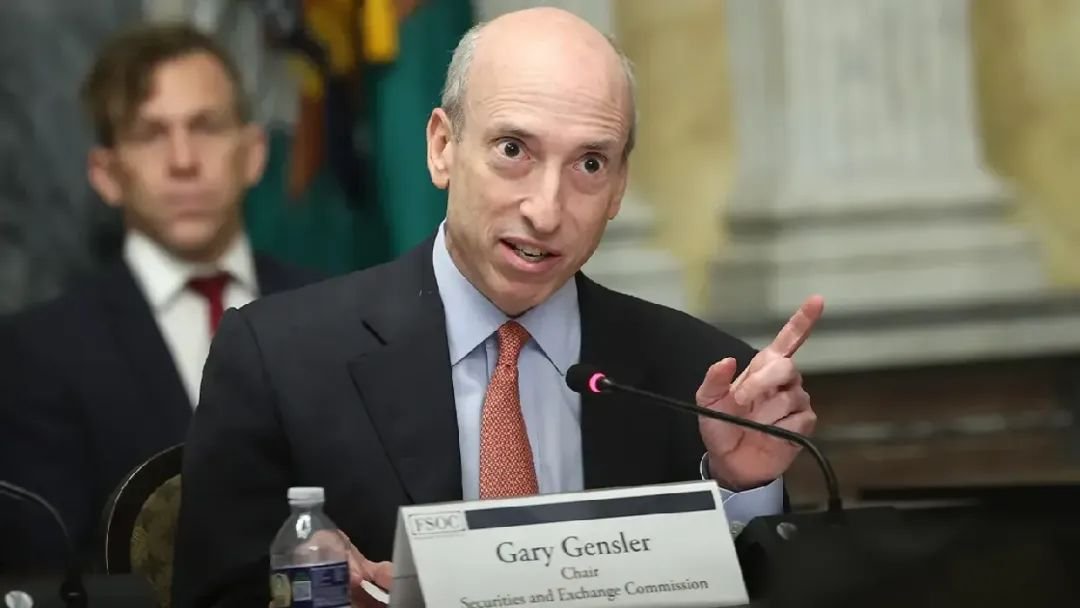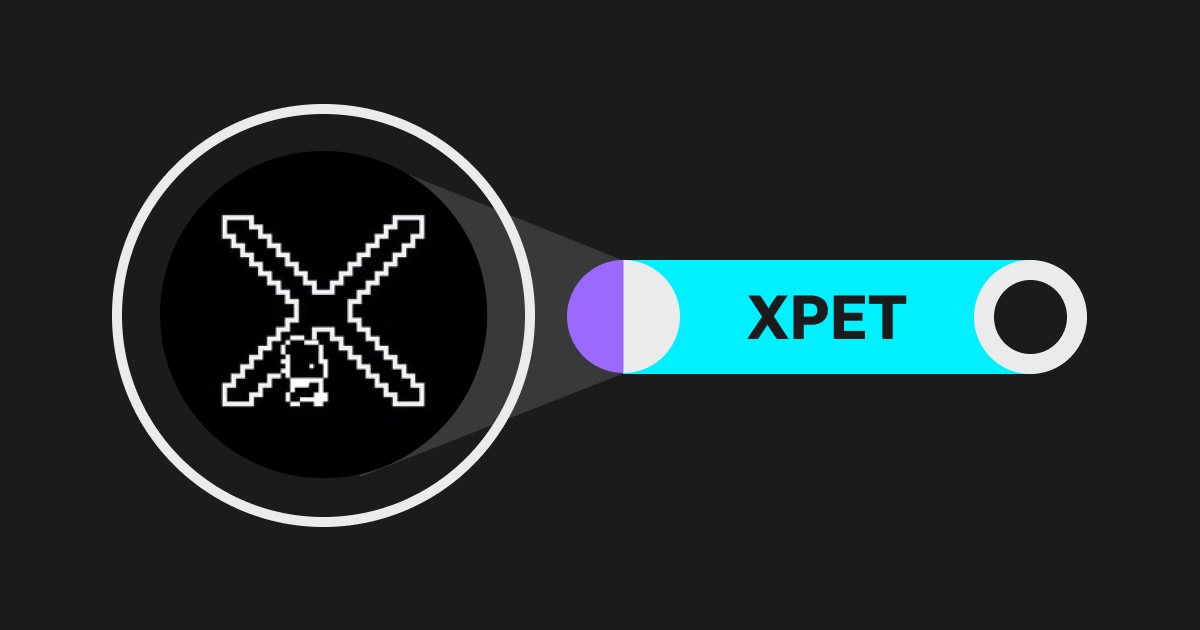Large Wall Street money managers are increasingly confident that the U.S. Securities and Exchange Commission will approve the first "spot" Bitcoin exchange-traded fund in early January, making cryptocurrency history, Fox Business News has learned.
Sources close to the companies said recent guidance from SEC officials is that a green light will likely come on January 10, 2024. This is also the deadline for the SEC to approve or reject the first company to apply for a spot Bitcoin ETF with the SEC – Cathie Wood’s Ark Investment Management’s application in partnership with 21Shares.
Currently, about a dozen companies, including Wall Street asset management giants such as BlackRock and Fidelity, have applied for spot Bitcoin ETFs, which are ETFs that are valued based on the real-time price of the digital asset.
Officials at the companies believe the SEC may approve several applications at the same time. A spokesman for the U.S. Securities and Exchange Commission declined to comment.
If approved, as many expect, it would mark a major step toward the mainstreaming of cryptocurrencies in the United States, something that Wall Street’s top cop, SEC Chairman Gary Gensler, has been saying He was reluctant to acknowledge this until a recent ruling by the U.S. Court of Appeals for the D.C. Circuit that curtailed his authority over cryptocurrency regulation.
(On July 28, 2023, Washington, U.S. Securities and Exchange Commission Chairman Gary Gensler attended the Financial Stability Oversight Board meeting at the U.S. Treasury Department. Kevin Dietsch)
A Bitcoin spot ETF would provide retail investors with greater exposure to the world’s largest cryptocurrency at a lower cost than already approved Bitcoin ETFs priced on the futures market. In addition, when trading on the New York Stock Exchange and Nasdaq stock markets, investors can purchase ETFs through highly regulated money management companies, thereby gaining access to Bitcoin investment opportunities and avoiding unregulated exchanges.
One downside for investors is that the SEC imposes unusual requirements on how ETFs should be structured. In talks with large money managers, the SEC insisted that applicants use cash to purchase ETF shares and not the underlying asset, which in this case was Bitcoin.
Traditional ETFs allow for so-called "physical" trading - meaning market makers can exchange Bitcoin for ETF shares. The "cash creation" path means that ETF issuers must convert Bitcoin into cash on every transaction - a longer and more complex process that requires the issuer to purchase the Bitcoin themselves, rather than a broker.
Another downside to cash creation, securities lawyers say, is that investors will lose an important tax benefit; an "in-kind" purchase is not a taxable event, but selling Bitcoin for cash before buying an ETF would be a taxable event.
Several spot Bitcoin ETF applicants, such as Grayscale, are hesitant to give up physical subscriptions. In a meeting with the U.S. Securities and Exchange Commission (SEC) on Tuesday, Grayscale told the agency that it believes it is in the best interest of investors to offer both physical and cash creation and redemption as it supports "a deeper, more robust level market, thereby forming a more efficient ETP market structure."
CoinRoutes co-CEO Dave Weisberger said: “Cash Creation essentially shifts the burden of Bitcoin trading from professional trading firms to authorized participants (APs) such as Morgan Stanley and Goldman Sachs . This means less competition among publishers and performance will depend on which publisher has better resources and trading strategies.”
Weisberger said the SEC insists on cash redemptions rather than physical redemptions because the agency currently does not allow brokers such as Robinhood and Fidelity to conduct direct Bitcoin spot trading.
It’s unclear why the agency continues to block brokers from trading spot Bitcoin, but Weisberger believes it has a lot to do with political tensions surrounding the digital asset among members of Congress. One explanation given by those who have met with the SEC is that the agency is concerned that Bitcoin is being used for money laundering, market manipulation and other illegal purposes.
A former U.S. Securities and Exchange Commission (SEC) official attributed this to Gensler’s general aversion to digital assets and his desire to “hold back” new crypto products. Gensler is still not entirely clear on Bitcoin's actual status, whether it is a loosely regulated commodity or a security that requires the full oversight of the commission like stocks or bonds. The same goes for Ethereum, the second-ranked cryptocurrency. In the past, Gensler has said that most other cryptocurrencies are considered securities, although he has remained silent on this while serving as SEC chairman.
According to FOX Business, BlackRock, the world's largest fund management company with $9 trillion in assets under management, has made obtaining approval from the U.S. Securities and Exchange Commission for its proposed Bitcoin ETF an important priority for the company. BlackRock founder and CEO Larry Fink calls Bitcoin an "international asset" and "store of value," with a status comparable to gold.
BlackRock, which has more than 400 traditional ETFs on the market, has held five meetings with the U.S. Securities and Exchange Commission regarding its spot Bitcoin ETF application, most recently on Tuesday. SEC staff has held about 24 meetings with various ETF candidates, signaling to the industry that the agency is redoubling its efforts to bring these ETFs to market in the new year.
It's possible, of course, that the SEC could reject all applications, but industry officials think that's unlikely. The reason: In August, a Washington, D.C., appeals court reversed the SEC’s rejection of crypto asset manager Grayscale’s application to convert its GBTC trust into a spot Bitcoin ETF. The three-judge panel called the SEC's actions "arbitrary and capricious."
The ruling is seen as an important precedent that fund managers seeking spot Bitcoin ETFs will rely on if their applications are rejected by the SEC.
Leave a comment
Your email address will not be published. Required fields are marked *










